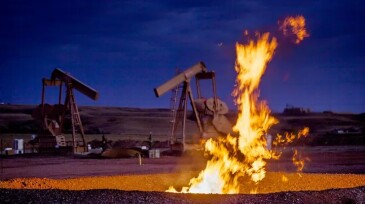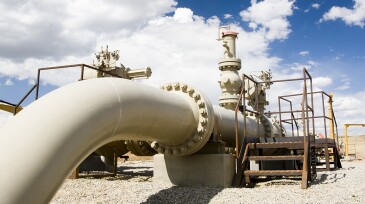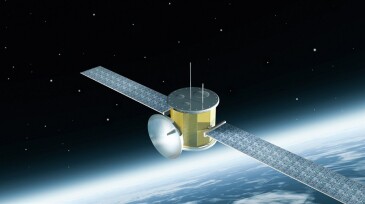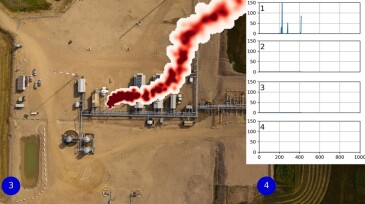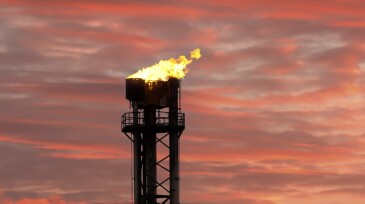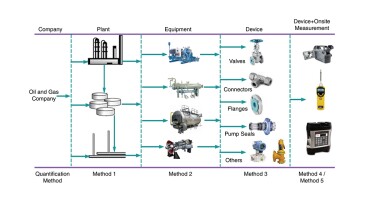Emission management
The Oil and Gas Climate Initiative (OGCI) and nonprofit Carbon Mapper announced they are teaming up to launch a new collaboration aimed at accelerating practical and measurable reductions in methane emissions from the oil and gas industry.
The newly named MTS brings together the full methane ecosystem, end to end—connecting technology, data, operations, and assurance across upstream, midstream, and beyond.
Monitoring on the ground is helping the industry shift from best estimates to hard data so it can bring the true emissions profile into focus.
-
The intensity of methane and greenhouse-gas emissions from the oil and gas sector declined 28% and 30%, respectively, between 2019 and 2021 among the largest producers in the country, according to an analysis published by the nonprofits Clean Air Task Force and Ceres.
-
This article describes the MiQ grading framework for natural gas in detail and explains practical pathways for industry participants to achieve any desired MiQ grade.
-
The collaboration expects to redefine methane detection and contribute to emission-reduction efforts across dozens of industries, including energy, agriculture, manufacturing, and transportation.
-
The authors of this paper describe a continuous monitoring system based on the Internet of Things (IoT) to use methane-concentration sensors permanently installed at facilities and connected to a cloud-based interpretation platform.
-
With the methane emissions tax contained in the Inflation Reduction Act looming, confusion reigns over just how to calculate emissions and concerns grow the tax will hit smaller and mid-size companies hardest.
-
Six satellites are expected to be launched this year to form a constellation aimed at combating emissions along oil and gas pipelines.
-
In August 2020, scientists spent 10 days doing airborne surveys of more than 50 platforms in the Gulf of Mexico. Their results revealed a climate impact twice as large as that estimated by government inventories.
-
The Gas Growth Integrated Project will capture and supply flare gas to generate electricity and treat seawater to manage pressure in oil wells in Iraq’s Basra region.
-
The authors of this paper discuss Saudi Arabia’s progress in gas flaring, the measures the government has taken, and how operators have adapted.
-
The authors of this paper describe an initiative taken to measure baseline data for methane emission for gas-processing facilities and gas-transmission and regasification units by using accurate tools and methodologies for detection and quantification.




